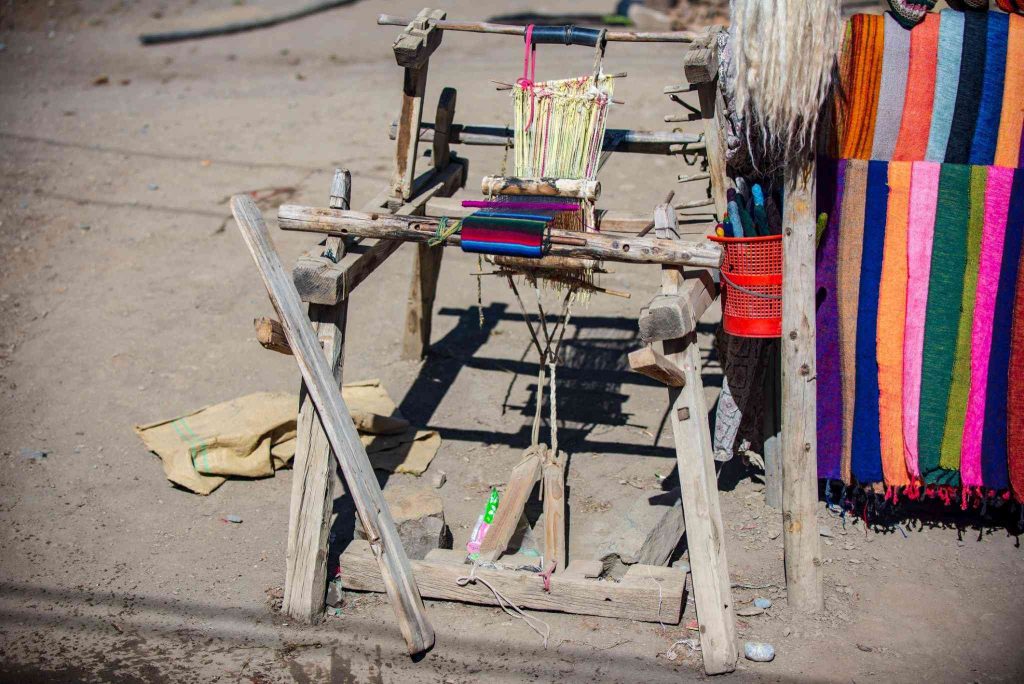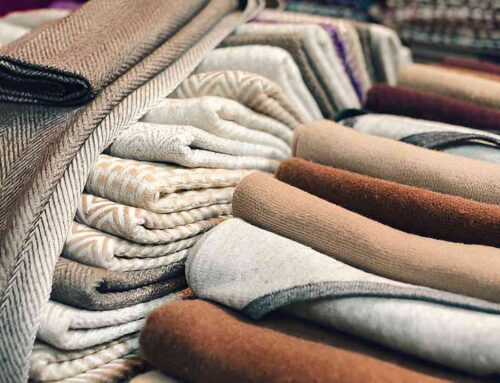- The pashmina product should be produced without the use of child labor.
- The manufacturing facilities should comply with ethical labor practices, ensuring the welfare and rights of workers.
- The product should support the mission of GoodWeave in eradicating child labor from the carpet and textile industries.
- The production process should align with sustainable and responsible practices, including waste reduction and environmental protection.
- The product should contribute to the well-being of artisans and their communities.
- The manufacturing facility should undergo regular inspections and monitoring by GoodWeave Nepal to ensure compliance with the criteria.
Certifications and their corresponding criteria are essential in maintaining the integrity of Nepal’s pashmina industry. They ensure that pashmina products meet stringent standards of authenticity, quality, sustainability, and ethical production. By adhering to these guidelines, producers commit to using genuine materials and preserving traditional craftsmanship passed down through generations. This helps sustain the livelihood of local artisans and supports the broader goals of responsible production.
For consumers, these certifications act as reliable indicators of a product’s origin and quality. When purchasing Nepal’s certified pashmina, buyers can feel confident they are supporting ethical labor practices and environmentally sustainable processes. Additionally, certified products help combat counterfeiting, which is a major concern in the global pashmina market.
Overall, these certifications not only safeguard the reputation of Nepal’s pashmina but also empower consumers to make thoughtful, informed choices. In doing so, they contribute to the preservation of Nepal’s rich textile heritage and the promotion of eco-friendly, fair trade practices.
- Issued by: GoodWeave Nepal
- Criteria for certification:
- The pashmina product should be produced without the use of child labor.
- The manufacturing facilities should comply with ethical labor practices, ensuring the welfare and rights of workers.
- The product should support the mission of GoodWeave in eradicating child labor from the carpet and textile industries.
- The production process should align with sustainable and responsible practices, including waste reduction and environmental protection.
- The product should contribute to the well-being of artisans and their communities.
- The manufacturing facility should undergo regular inspections and monitoring by GoodWeave Nepal to ensure compliance with the criteria.
Certifications and their corresponding criteria are essential in maintaining the integrity of Nepal’s pashmina industry. They ensure that pashmina products meet stringent standards of authenticity, quality, sustainability, and ethical production. By adhering to these guidelines, producers commit to using genuine materials and preserving traditional craftsmanship passed down through generations. This helps sustain the livelihood of local artisans and supports the broader goals of responsible production.
For consumers, these certifications act as reliable indicators of a product’s origin and quality. When purchasing Nepal’s certified pashmina, buyers can feel confident they are supporting ethical labor practices and environmentally sustainable processes. Additionally, certified products help combat counterfeiting, which is a major concern in the global pashmina market.
Overall, these certifications not only safeguard the reputation of Nepal’s pashmina but also empower consumers to make thoughtful, informed choices. In doing so, they contribute to the preservation of Nepal’s rich textile heritage and the promotion of eco-friendly, fair trade practices.
Criteria for Nepal’s Certified Pashmina
Welcome to the world of certified pashmina from Nepal, where authenticity, quality, and sustainability converge to create luxurious and ethical wool products. Nepal has become a leading force in the pashmina industry, ensuring that consumers can trust the origin and production of their cherished pashmina items. With a range of certification marks and stringent criteria, Nepal’s certified pashmina guarantees genuine materials, traditional craftsmanship, and a commitment to ethical and sustainable practices. In this article, we will explore the significance of these certifications and delve into the remarkable efforts undertaken by Nepal to preserve the authenticity and integrity of its pashmina industry.
Pashmina Certification Mark (PCM):
- Issued by: Nepal Pashmina Industries Association (NPIA)
- Criteria for certification:
- The product must be made from genuine pashmina wool.
- The pashmina wool used should be sourced from the underbelly of Himalayan mountain goats, specifically the Changthangi breed.
- The product must meet the required quality standards in terms of softness, warmth, and durability.
- It should adhere to ethical and sustainable production practices.
- The manufacturing process, including dyeing and weaving, should comply with industry standards.
- The final product should undergo thorough testing and inspection to ensure its authenticity and quality.
Chyangra Pashmina Mark:
- Issued by: Nepal Pashmina Industries Association (NPIA)
- Criteria for certification:
- The product must be made from the wool of Himalayan mountain goats, known as Chyangra in Nepal.
- The wool used should be sourced ethically and sustainably, following the guidelines set by the NPIA.
- The pashmina product should exhibit the exceptional softness, warmth, and luxurious qualities associated with authentic pashmina.
- The manufacturing process, including spinning and weaving, should adhere to traditional craftsmanship techniques.
- The product should meet the quality standards set by the NPIA, ensuring its authenticity and superior quality.
Craftmark:
- Issued by: Federation of Handicraft Associations of Nepal (FHAN)
- Criteria for certification:
- The product should be handcrafted by skilled artisans using traditional techniques.
- The craftsmanship should exhibit excellence, precision, and attention to detail.
- The pashmina item should meet the quality standards set by the FHAN, ensuring its superior craftsmanship.
- The manufacturing process should prioritize ethical practices and fair treatment of artisans.
- The product should contribute to the preservation and promotion of Nepal’s rich handicraft heritage.
- The artisans involved in the production should receive fair wages and support for their livelihoods.
Nepal Good Weave Mark:
- Issued by: GoodWeave Nepal
- Criteria for certification:
- The pashmina product should be produced without the use of child labor.
- The manufacturing facilities should comply with ethical labor practices, ensuring the welfare and rights of workers.
- The product should support the mission of GoodWeave in eradicating child labor from the carpet and textile industries.
- The production process should align with sustainable and responsible practices, including waste reduction and environmental protection.
- The product should contribute to the well-being of artisans and their communities.
- The manufacturing facility should undergo regular inspections and monitoring by GoodWeave Nepal to ensure compliance with the criteria.
Certifications and their corresponding criteria are essential in maintaining the integrity of Nepal’s pashmina industry. They ensure that pashmina products meet stringent standards of authenticity, quality, sustainability, and ethical production. By adhering to these guidelines, producers commit to using genuine materials and preserving traditional craftsmanship passed down through generations. This helps sustain the livelihood of local artisans and supports the broader goals of responsible production.
For consumers, these certifications act as reliable indicators of a product’s origin and quality. When purchasing Nepal’s certified pashmina, buyers can feel confident they are supporting ethical labor practices and environmentally sustainable processes. Additionally, certified products help combat counterfeiting, which is a major concern in the global pashmina market.
Overall, these certifications not only safeguard the reputation of Nepal’s pashmina but also empower consumers to make thoughtful, informed choices. In doing so, they contribute to the preservation of Nepal’s rich textile heritage and the promotion of eco-friendly, fair trade practices.






